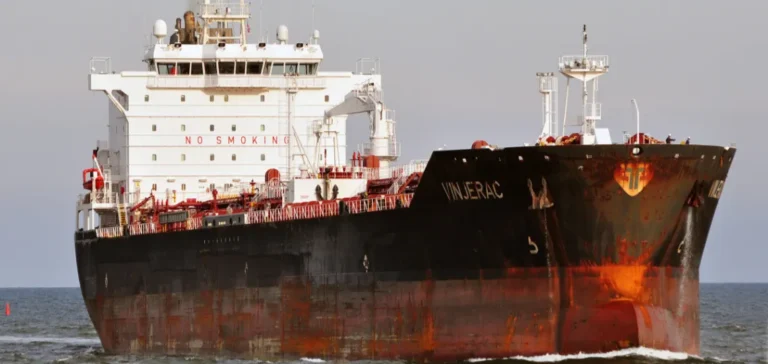The Danish government has announced a tightening of environmental controls on ships passing through Skagen, a key maritime passage connecting the North Sea and the Baltic Sea. The decision aims to limit risks associated with ageing tankers used by the Russian shadow fleet to transport oil under international sanctions.
A coordinated strengthening of maritime inspections
The Ministry of Environment stated that the Danish Maritime Authority will cooperate with the Danish Environmental Protection Agency to carry out more frequent inspections of ships at the Skagen anchorage. Environment Minister Magnus Heunicke said that most of these vessels are old and pose a particular threat to maritime safety and the Danish marine environment.
Maritime authorities are increasing checks on compliance with basic environmental rules to better identify tankers linked to the Russian shadow fleet. This network of vessels, often operated by shell companies, transports Russian oil circumventing the sanctions imposed after the invasion of Ukraine.
Growing risks for safety and navigation
According to a joint study by S&P Global Market Intelligence and S&P Global Commodity Insights, about 940 vessels have been identified as being at risk of sanctions violations or confirmed offenders, with an average age of twenty years — well above the industry average. Minister of Industry and Trade Morten Bødskov said that many of these worn-out ships regularly navigate Danish waters, justifying the intensified inspections.
Since 2024, several Northern European countries, including Norway and Finland, have also tightened their inspections, though they have refrained from mass detentions due to international law constraints. France recently detained the captain of a tanker suspected of transporting sanctioned Russian oil.
A strategic issue for energy flows
Denmark remains bound by the Copenhagen Treaty, guaranteeing freedom of navigation in the Danish Straits. According to estimates from S&P Global Commodities at Sea, around 4.5 million barrels per day of oil passed through this zone in the first half of 2025, mainly Russian crude and refined products.
In September, Russia exported 1.6 million barrels per day of crude from the Baltic, representing 41% of its total seaborne exports. Exports of refined oil products reached 649,000 barrels per day, or 57% of the national total, confirming the Baltic’s strategic role in Russia’s energy trade.






















